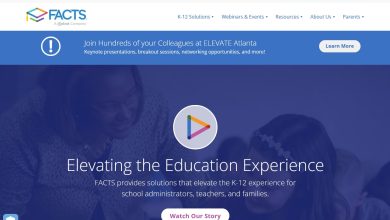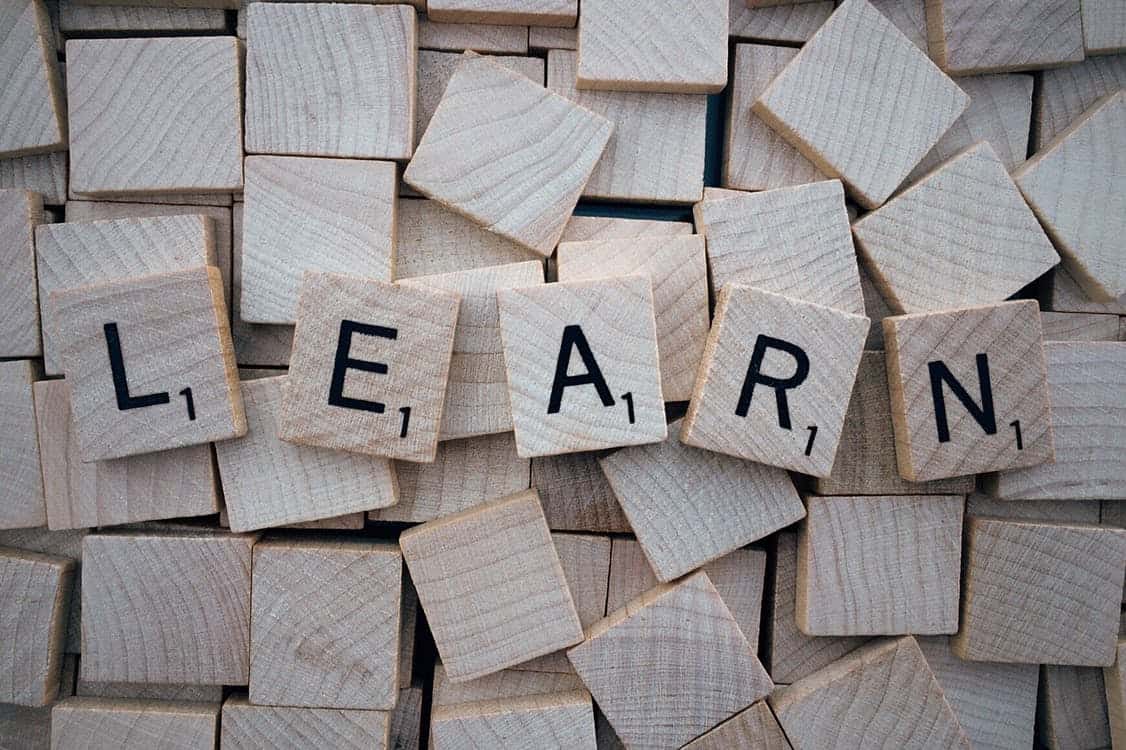
In light of the pandemic, we are beginning to see a drastic transition away from business norms. That transition exchanges the traditional way that businesses make decisions for a culture of experimentation. Take Bing, for example. Around 80% of the company’s product changes first manifest as controlled experiments, and they are far from the only organization to do so. eBay also recently administered an in-house study revealing that procuring paid search advertisements did not yield lucrative results.
The dependence on experiments as a business imperative also applies to human resources. At Google, the company conducts experiments to evaluate which interview questions are most likely to correspond with on-the-job performance. Following this, the company heavily weights candidates’ answers to those questions when assessing whether they would be a good fit at Google.
Bing, eBay, and Google incorporating experimentation into their business practices pose the following question for business schools: why not rely on experimentation more as an educational imperative? Here are some reasons I advocate for business schools, significantly master’s in business administration (MBA) programs, to leverage more experimentation tactics in their learning strategies.
What is the “experimental revolution”?
The term “experimental revolution” refers to a phenomenon developed from both the availability of outrageous volumes of consumer data and improved computing power. Because it is more affordable and efficient to randomize participant information than ever before, the culmination of data creates a perfect framework for designing experiments. Plus, experiments also spur innovation, hence the “revolution” in confidently delivering new ideas and taking more considerable risks.
All in all, experiments provide an invaluable contribution to organizational leadership. Conducting experiments not only reduces the workload on managers but also empowers general staff and their team members to investigate and analyze processes all on their own. Their findings produce measurable benefits for their organization, while the data also yields applicable deliverables to showcase to stakeholders.
Since the “experimental revolution” makes the scientific method more pervasive, experiments allow inexperienced researchers to learn and grow from their mistakes. Experiments are difficult to do well; as a result, experiments can lead to inaccurate assumptions and overconfidence. Some research also requires a well-versed familiarity with statistics. Plus, having the skillset is not enough. Experiments need to build on prior knowledge and familiarity with the area of interest that the study pertains to and a deep understanding of the pertinent knowledge.
The necessary conditions to make scientific research accurate and effective require business schools to lean more into the experimental revolution. The purpose of business school is to prepare students for careers in the industry. And the experimental revolution is not going anywhere soon, especially when considering its valuable contributions to some of the market’s most influential companies.
What lies ahead for experimentation as an educational imperative in business school?
Fortunately, not all business schools completely abandon experimentation as an educational imperative. Some marketing coursework, for example, covers primary forms of A/B testing. Several business school professors also teach a case by Thomke and Beyersdorfer, known as “Booking.com.” The case highlights a travel-accommodation company with a reputation for experimentation. There are positive steps in the experimental revolution for business schools and their professors to adapt. However, administrators can do more to make experimentation a more significant part of the business school curriculum.
The framework is in place for business schools to make experimentation a more active component of their students’ curriculums. Take university libraries, for example. Because MBA students have full access to published literature via library resources, a wealth of knowledge on applying the scientific method to organizational leadership exists. MBA students also typically need to create a Qualtrics account as part of their academic program. Qualtrics allows its users to create surveys and access statistical packages to analyze data. Should more schools adopt an MBA-level course in experimentation, the professor instructing the coursework could use these subscription tools to build a practical syllabus.
About Krishen Iyer
Krishen Iyer is the founder and leader of MAIS Consulting Services. An Encinitas-based consulting firm, MAIS collaborates with its health and dental insurance clientele to optimize its contracting and marketing strategies. The firm was preceded by Iyer’s previous firm, Managed Benefits Services, headquartered in Fresno, California.
Iyer graduated from San Diego State University with a bachelor’s degree in public administration and business in 2003. Since his graduation, he has worked with insurance clientele to manage their traffic and optimize their operations. Outside of consulting, Krishen also runs a full-service property management firm, which assists its clientele with promoting their rental properties.




